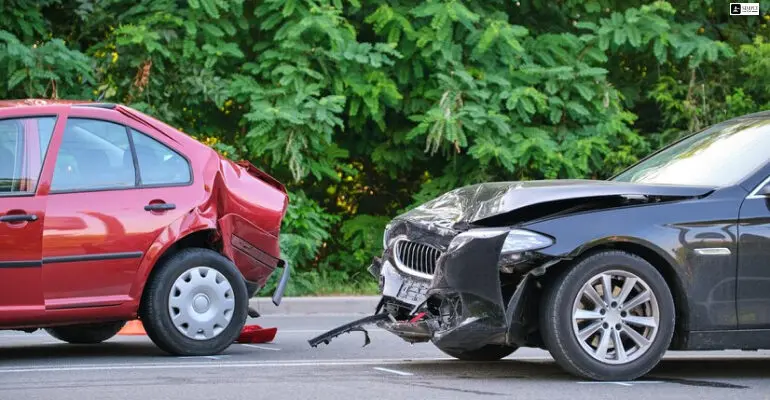
Accidents can be traumatic and disorienting events. Whether it’s a vehicle collision, a workplace incident, or a slip-and-fall accident, the aftermath is often dominated by concern for the health and well-being of those involved. For accidents in Ohio, like any other state, preserving evidence after an accident is crucial for several reasons, especially if you are contemplating legal action to recover damages.
Why is Evidence Preservation Crucial?
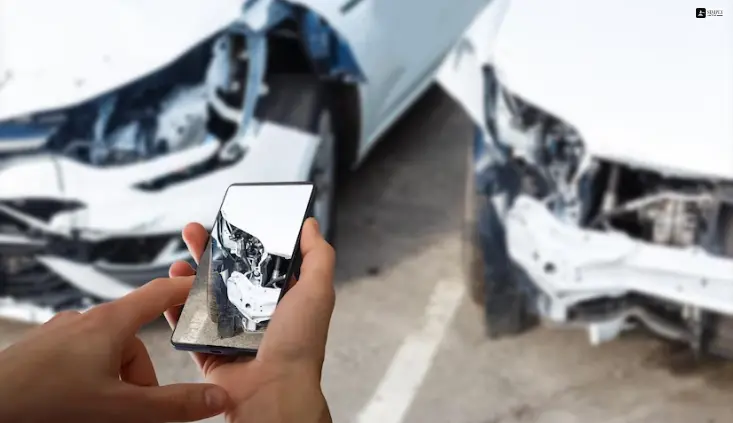
Regarding the legal aspects of an accident, evidence serves as the cornerstone of your claim. It supports your account of the incident and helps to establish liability, which is often the most contentious aspect of accident claims. In Ohio, presenting strong evidence can directly influence the outcome of your case.
Ohio’s Comparative Negligence Law
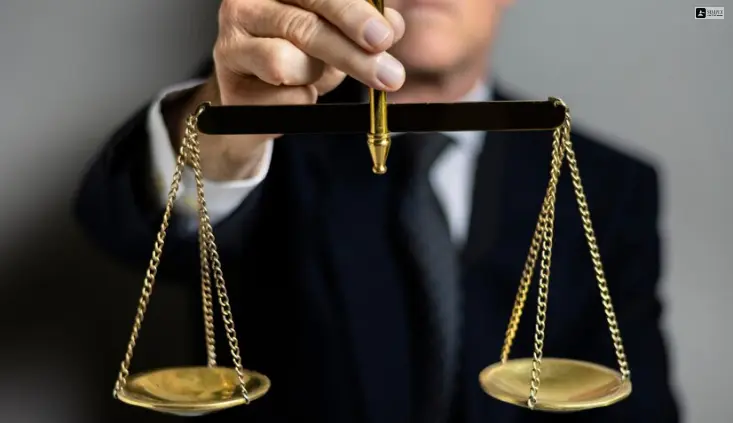
Ohio follows a “comparative negligence” rule, which means that if you are found to be partially at fault for an accident, your compensation can be reduced to your level of fault. Evidence is key to establishing the other parties’ fault and minimizing your share of the blame.
Types of Evidence to Preserve
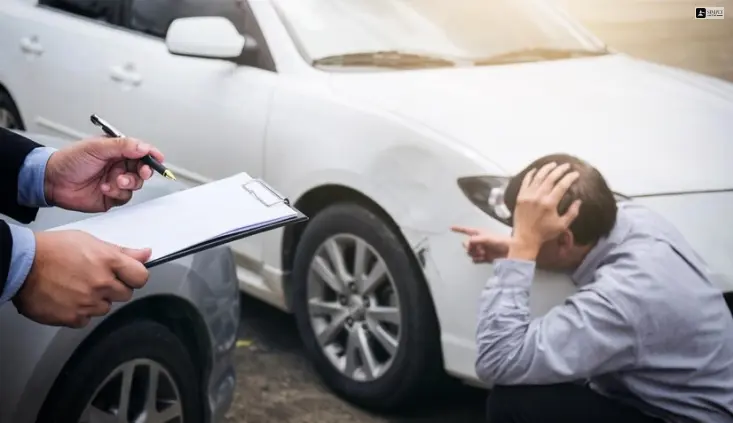
According to the Dayton personal injury lawyers from Brannon Law Firm, you can preserve different types of evidence to help your personal injury claim. The following types of pieces of evidence are essential for you to keep from the accident:
Photographic and Video Evidence
Photos and videos of the accident scene, the surrounding area, your injuries, and any property damage are invaluable. They provide a vivid account of the circumstances immediately after the accident, which can be critical as memories fade.
Witness Statements
Collecting the contact information of any witnesses and their statements is vital as they offer an objective perspective on the event. Witness statements can corroborate your events and provide additional details you may have missed.
Official Reports
In case of traffic accidents, obtaining a copy of the police report is important. A report from the Occupational Safety and Health Administration (OSHA) can be used for workplace accidents. These documents formally log the incident and often include crucial information about the contributing factors.
Medical Records
Document your injuries and medical treatment meticulously. Request copies of all medical records and bills associated with treating your injuries. This documentation is essential for proving the extent and cause of your injuries and the economic damages you’ve incurred.
Keep a “Pain Journal”
This is a daily log where you document your physical and emotional recovery, keeping track of your pain levels, mobility issues, emotional states, and the impact on your everyday life.
Maintain a File
Create a file where all evidence, paperwork, correspondence, and receipts related to the accident are kept. This should include communication with insurance companies, medical providers, and law enforcement.
Steps to Take Immediately After an Accident
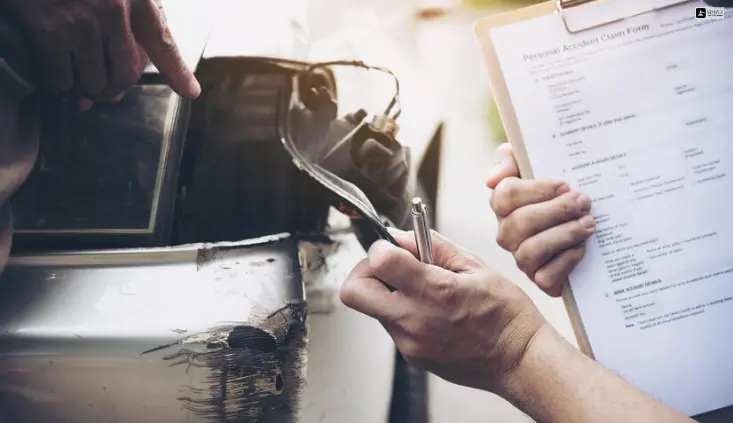
From securing the scene to preserving long-term evidence, each step is crucial in protecting your rights and ensuring a smoother recovery process. Here are essential steps to take immediately following an accident to safeguard yourself and your interests.
Secure the Scene
If you can do so safely, try to prevent further damage or evidence loss. In motor vehicle accidents, this may involve setting up warning signals or not moving vehicles until the police arrive unless they pose a danger.
Report the Accident
Notify the proper authorities depending on the type of accident. In vehicle accidents, this typically means calling the police. For workplace incidents, report to your supervisor right away.
Document Everything
Take pictures, write down details of what happened and how, and gather information from everyone involved and any witnesses.
Seek Medical Attention
Even if you believe you are not injured or that your injuries are minor, it is vital to get checked by a medical professional. This ensures your health is not at risk and serves as an official record of your injuries following the accident.
Inform Your Insurance
Notify your insurance company as soon as possible. Be careful about your language; admit no fault and stick to the facts of the incident.
Legal Assistance
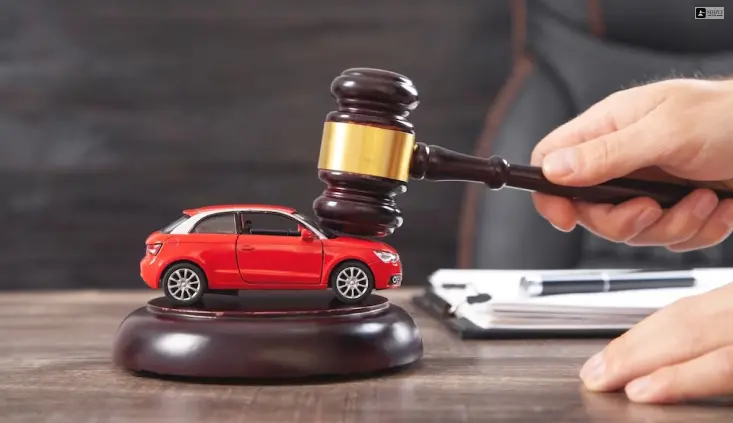
Consider hiring a personal injury attorney who understands Ohio law and the evidence necessary to build a strong case. An attorney can advise you on how to preserve evidence and may also help collect and protect it.
Ohio’s Statutes of Limitations for Personal Injury Claims
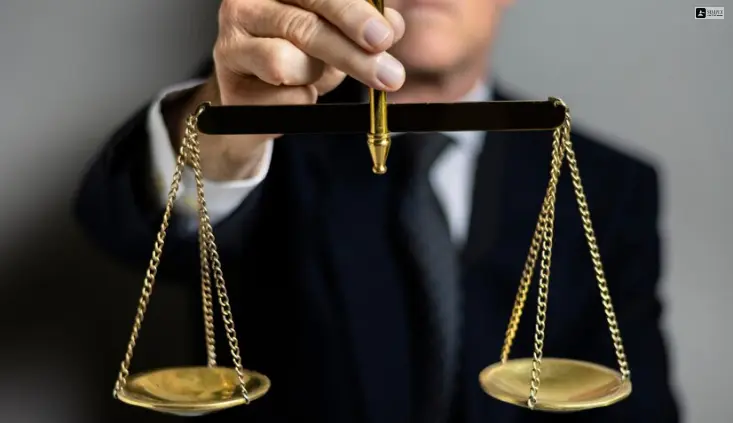
In Ohio, statutes of limitations dictate the timeframes within which you must file a lawsuit after an accident. These deadlines vary depending on the injury’s nature and the incident’s specifics. Being aware of these limitations is essential because failing to take legal action within the specified timeframe can lead to your court dismissing your case. Seeking guidance from a knowledgeable personal injury attorney can help you navigate these complexities and ensure you meet all necessary deadlines to protect your rights and seek the compensation you deserve.
Spoliation of Evidence
There’s also the issue of destruction, where crucial evidence is destroyed or significantly altered, making it useless for litigation. Both accident victims and potential defendants must avoid the intentional destruction of evidence, which can have legal repercussions and possibly lead to sanctions.
Hold Notices
Sometimes, sending a “hold notice” or “preservation letter” to the opposing party is necessary. This notice formally requests the preservation of all relevant evidence they possess.
Preserving evidence after an accident in Ohio is important—supporting any claims for damages you may pursue is necessary. The right evidence can mean the difference between a successful claim and one that falls short of providing the compensation required to cover your losses. By taking immediate and appropriate action following an accident and securing the right legal help, you can protect your rights and recover as fully as possible.
Remember that each piece of evidence can play a vital role in reconstructing the events leading to the accident and demonstrating the full impact the incident has had on your life. Your diligence and attention to detail can significantly influence the outcome of your case.
Read Also:


